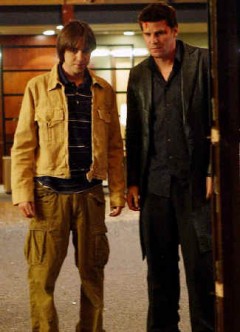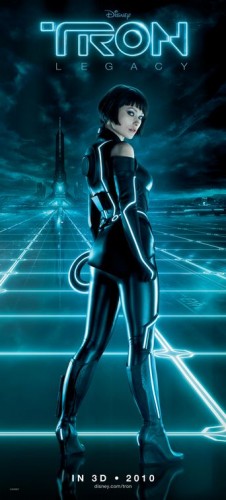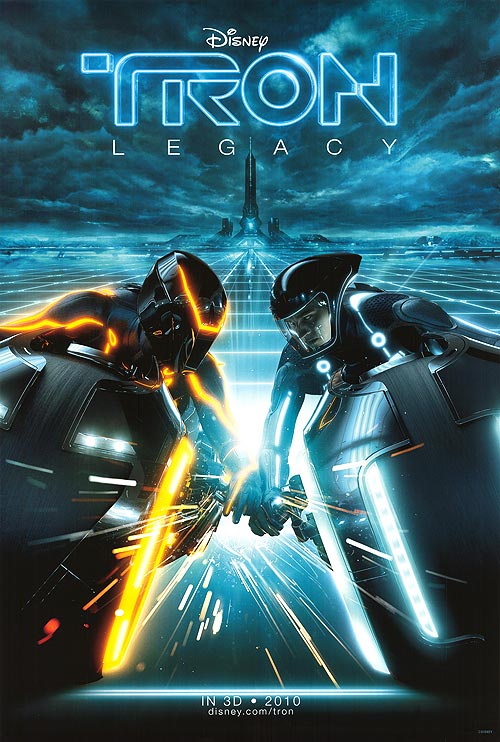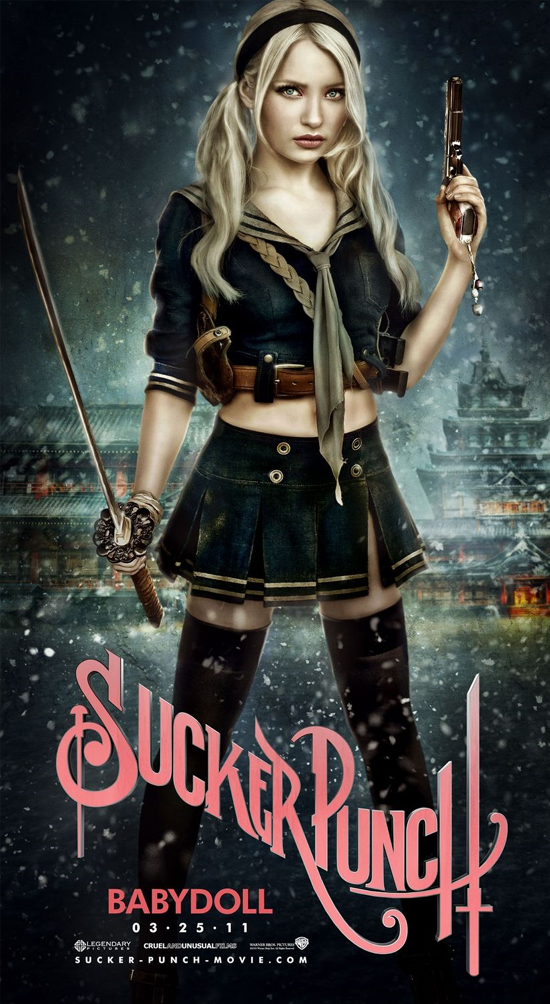Another political-bureaucratic boondoggle at NASA. Just abolish the agency already and get out of the way of private space enterprises.
- NASA’s Ares rocket dead, but Congress lets you pay $500 million more for it: It’s all about pork (protecting jobs in a legislator’s home state), political wrangling over the federal budget, and the inherent inability of politics and bureaucracy to have the flexibility and alacrity of private enterprise.
The future of computing is near:
- 1,000-Core Chip Could Make PCs 20 Times Faster: The fastest consumer processors such as Intel’s Core i7 are limited to 6 cores, but “Scottish scientists have built a 1,000-core processor, claiming it will run 20 times faster than today’s chips while using less power. Dr. Wim Vanderbauwhede led a research team at the University of Glasgow to create the futuristic processor using a programmable chip called a field programmable gate array (FPGA).”
- Super Memory Breakthrough: Store Every Movie Made This Year on Your Phone (With Room to Spare): “IBM says they have made a significant leap forward in the viability of “Racetrack memory,” a new technology design which has the potential to exponentially increase computing power. This new tech could give devices the ability to store as much as 100 times more information than they do now, which would be accessed at far greater speeds while utilizing “much less” energy than today’s designs. In the future, a single portable device might be able to hold as much memory as today’s business-class servers and run on a single battery charge for weeks at a time.”















